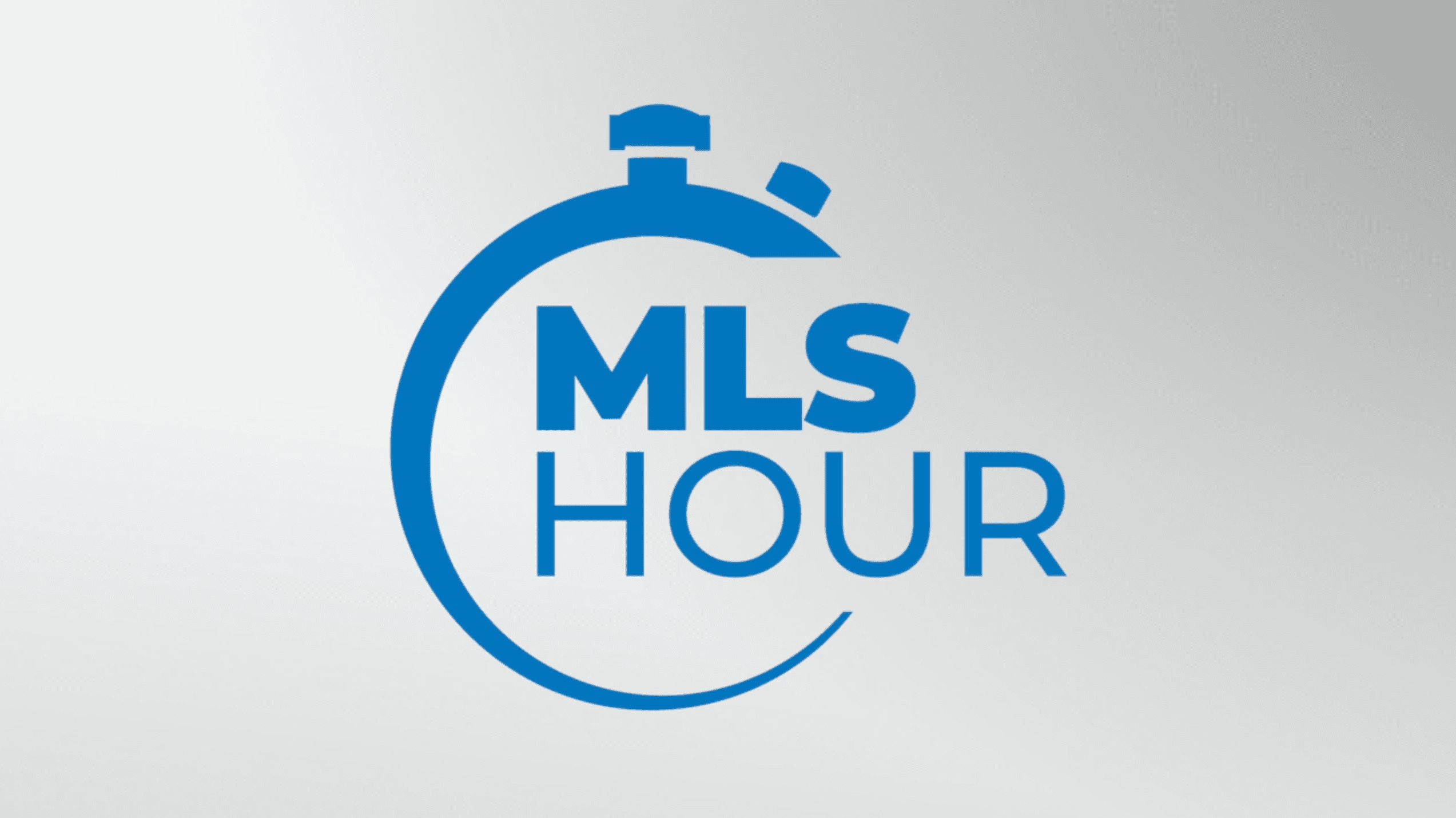The MLS Policy and Issues Committee approved the creation of MLS Best Practices (listed below) that will be provided as a resource with other supporting materials/information for voluntary local adoption. MLSs that comply with these recommended Best Practices will deliver a high level of service and engagement to their participants and subscribers, while ensuring that MLS leadership and staff have a clear understanding of their responsibilities and duties to the MLS. The Best Practices are not required, but every MLS should strive to comply with them in total or work to consider the adoption of each individually.
Rationale: Adopted locally, these recommended Best Practices will deliver a high level of service and engagement with MLS participants and subscribers, while ensuring that MLS leadership and staff have a clear understanding of their responsibilities and duties. The Best Practices are not required, but every MLS should strive to comply with them in total or work to consider local adoption of each.
Compliance
1. Best Practice: The MLS should provide participants and subscribers annual updates (in-person or through written materials) that explain the changes in MLS policy and local MLS rules.
2. Best Practice (MLS Standard): MLSs must adopt, implement and enforce mandatory MLS policies and model MLS rules. MLSs must issue discipline for violations of local MLS rules consistent with the guidance provided in Part Two, F, Enforcement of Rules, found in the NAR Handbook on Multiple Listing Policy.
Rationale: Enforcement of mandatory MLS policies and rules is a responsibility delegated to each local MLS. That enforcement must never be used as an incentive or disincentive for brokers and licensees to join one MLS over another. Rather, enforcement and the discipline imposed for violations needs to be consistent among MLSs, establishing the necessary amount of awareness and education, while creating a deterrent for sanctionable actions. The information and guidance provided in the NAR MLS Handbook will help create the necessary consistency among MLSs.
Data
3. Best Practice: Starting January 1, 2022, the MLS should offer the RESO Web API as its primary data access method, and move to retire all other data feed mechanisms (e.g. RETS) in the future.
4. Best Practice: MLSs must post to their website written instructions to request MLS data feeds, available to participants and their vendors, including an explanation of the different feeds and the information provided in each. This includes contact information for administrative and technical support. The data transport method must be RESO Web API compliant, though it can also be offered through other methods like RETS.
Rationale: Participant and subscriber use of MLS data feeds, including feeds provided to a participant’s designee(s) and vendors is an important function of the MLS, and enables brokers and licensees to serve their clients and customers. Information and access to authorized MLS data feeds needs to be readily understood and available.
5. Best Practice: By July 1, 2022, MLSs should create with their vendors and leadership a written plan with a timeline to convert all MLS Participant, Subscriber, and Participant designee data feeds to RESO Web API compliant services.
Rationale: A native RESO Data Dictionary compliant MLS will ensure the efficient transfer of data in and out of the MLS for use with other Data Dictionary compliant tools and software.
6. Best Practice: Where available, MLSs will share aggregated data, for statistical purposes, with their state association of REALTORS® and NAR to assist with advocacy efforts and home ownership interests.
Rationale: This Standard will benefit participants and subscribers, REALTOR® Associations, and MLSs by leveraging the listing information of all MLSs in a regional or designated area so that it can be used to produce reports, tools, and other market statistics for advocacy efforts and MLS Standards Work Group Interim Report for the MLS Technology and Emerging Issues Advisory Board March 25-26, 2021 meeting consumer information. In turn, state associations and NAR will be able to share economic reports and forecasting back individual markets.
Governance
7. Best Practice: Prior to serving on the MLS, officers, directors, and committee members should complete training that will assist them in serving in their positions. Each position of the MLS should include an explanation of its essential duties and responsibilities.
8. Best Practice: MLSs should have a Board of Directors that is unique from the Association, and if operated as a Committee of the Association, the Association should move to create a separate legal entity for the MLS.
9. Best Practice: MLSs must provide all Officers and Directors information about their fiduciary duty to the MLS and must have them sign an agreement that confirms their understanding and commitment to those duties.
Rationale: It is important for MLS leadership to understand and acknowledge their role and responsibilities to the MLS.
10. Best Practice (MLS Standard): MLSs are required to adopt and annually review a strategic plan to address participant and subscriber needs with specific consideration for: 1) leadership training, 2) partnerships, 3) technology, 4) participant outreach, 5) financial independence, and 6) DEI (diversity, equity, and inclusion).
Rationale: MLSs need to embrace a greater strategic approach to operations and services. Creating a strategic plan will put the MLS on the proper course to be successful in its operations and in how it helps facilitate the success of its brokers and licensees.
Service
11. Best Practice: MLSs should engage with their participants and subscribers on an ongoing and consistent basis.
12. Best Practice: MLS executives and key MLS staff should fulfill a minimum of 12 hours of training every two years covering: MLS policy, technology, customer service, or other MLS-related topics. Attendance at industry events and conferences is an acceptable way to receive education/training.










